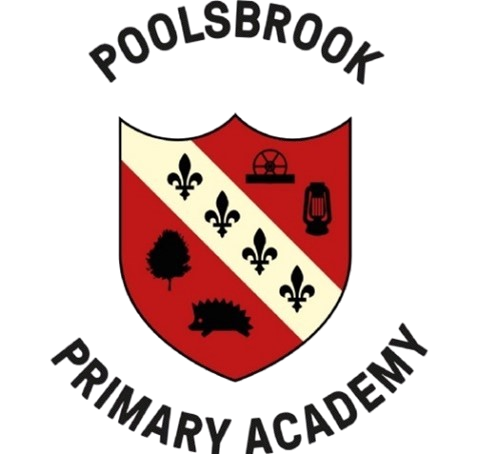Phonics
Phonics
No Nonsense Phonics Skills (NNPS) Systematic Synthetic Phonics (SSP) Programme
We have a rigorous and systematic approach to early reading, using DFE validated SSP programme ‘No Nonsense Phonics Skills’. The No Nonsense Phonics Skills programme provides a comprehensive step-by-step method for teaching reading, handwriting and spelling. Pupils are guided through a series of carefully designed routines to master the complex English Alphabetic Code.
The programme:
- Provides systematic and rigorous phonics teaching and pupil practice from code to word to text level with a content-rich vocabulary
- Teaches handwriting of upper case and lower-case letters and letter groups linked to the alphabet and the english alphabetic Code
- Applies and extends phonics to reading and writing cumulative text, developing comprehension and evoking imagination
- Builds up knowledge and understanding of ‘spelling word banks’ from the outset
- Involves and engages the learner fully and routinely in formative assessment
- Designed to work in full partnership with all stakeholders including parents and carers ‘at home’
These routines result in children’s improved confidence, accuracy and fluency when reading aloud.
Reading at home
All children are allocated a decodable reading book known as a ‘reading practise’ book. These books are closely matched to the sounds/code that children have been taught and are reviewed weekly. The reading practise book enables children to apply their phonics knowledge and become independent readers. Children read this book in school before it is sent home. We encourage all of our children to read their reading practise book everyday at home. This allows children to become confident readers and develop fluency. All children in school have daily reading practise and are heard read on a 1:1 basis by a member of staff at least once a week. Often, children are heard read more than once a week, or daily for those children that are at risk of falling behind.
Reading for Pleasure
In addition to the decodable reading book, children take home a Reading for Pleasure book. This is a book to share, you should not expect your child to read this independently. If children are to become lifelong readers, it is essential that they are encouraged to read for pleasure. Reading to your child helps them hear what a fluent reader sounds like, as well as the enjoyment of sharing a good story!


